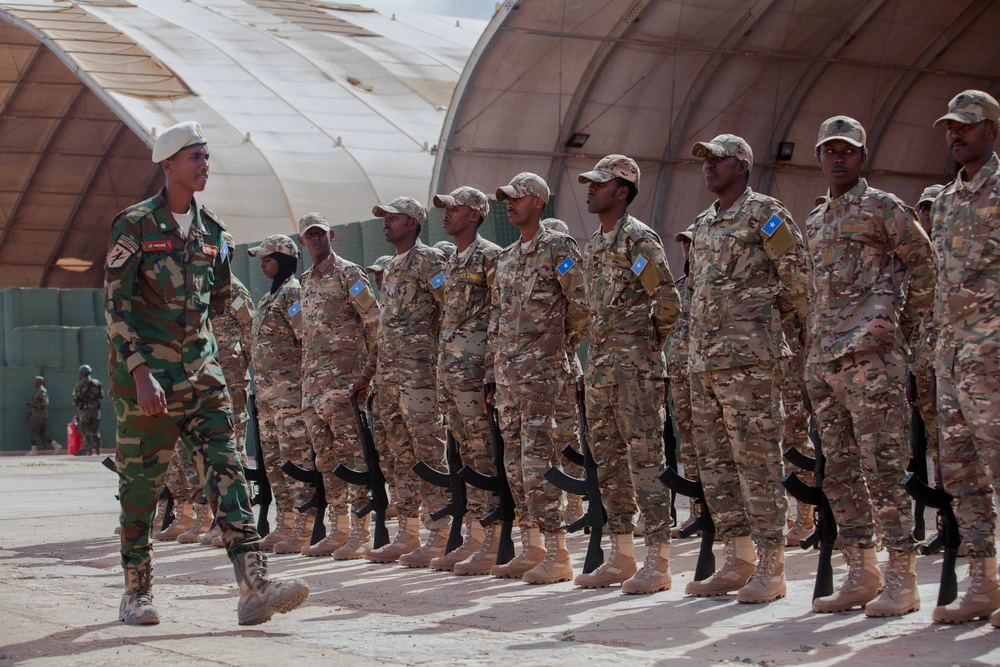Ben Saul, the UN Special Rapporteur for human rights and counterterrorism, recently visited Somalia and said that he believes the US-backed Mogadishu-based Somali government can’t beat al-Shabaab and called for negotiations.
“I do think there is a consensus now that there can’t be a military solution to al-Shabaab,” Saul told reporters, according to Garowe Online. “I encourage the government to intensify its efforts to negotiate with receptive elements of al-Shabaab and to seek a political reconciliation rooted in Somali customs of dialogue.”
Al-Shabaab has been making gains in its offensive against the US-backed government in central and southern Somalia.
Saul also criticized a clan militia backed by the government, which he said recently beheaded al-Shabaab fighters, and called for the government to allow more press freedom.
Saul’s comments come as the US has ramped up airstrikes in Somalia against both al-Shabaab and the ISIS affiliate in the northeastern Puntland region, where the US backs local forces. The Trump administration has increased airstrikes even though it’s been frustrated with the Somali government of President Hassan Sheikh Mohamud.

“We are concerned about President Hassan Sheikh Mohamud’s prioritization of internal politics over counterterrorism efforts, particularly in light of the growing threat from al-Shabaab,” a White House official told The Washington Post in a report published on Tuesday.
The official said that US officials have “repeatedly urged” Mohamud “to refocus on security cooperation and regional inclusion, and are disappointed by the lack of progress.”
The Post report said that the US has recently scaled back funding for the Danab, a special US-backed Somali government military force. The US found in an audit last year that the Danab had been padding food and fuel requisitions.
While funds to the Danab have been cut, the report said that the US is also reviewing a plan to deploy the roughly 500 US forces stationed in Somalia across the country to better support the force.
In April, The New York Times reported that the Trump administration was divided on how to handle al-Shabaab’s offensive against the government. State Department officials have recommended evacuating the US embassy in Mogadishu as a precaution, suggesting the US believes the city could fall to al-Shabaab.
Other US officials, including Sebastian Gorka, the senior director for counterterrorism on the National Security Council, urged for the US to escalate its airstrikes and continue propping up the government.
Hawks who favor continued intervention in Somalia portray al-Shabaab as a major threat to the US due to its size and al-Qaeda affiliation, but it’s widely believed the group does not have ambitions outside of Somalia.
Al-Shabaab was born out of a US-backed Ethiopian invasion in 2006 that toppled the Islamic Courts Union, a coalition of Muslim groups that briefly held power in Mogadishu after ousting CIA-backed warlords.
Al-Shabaab was the radical offshoot of the Islamic Courts Union. The group’s first recorded attack was in 2007, and it wasn’t until 2012 that al-Shabaab pledged loyalty to al-Qaeda.


